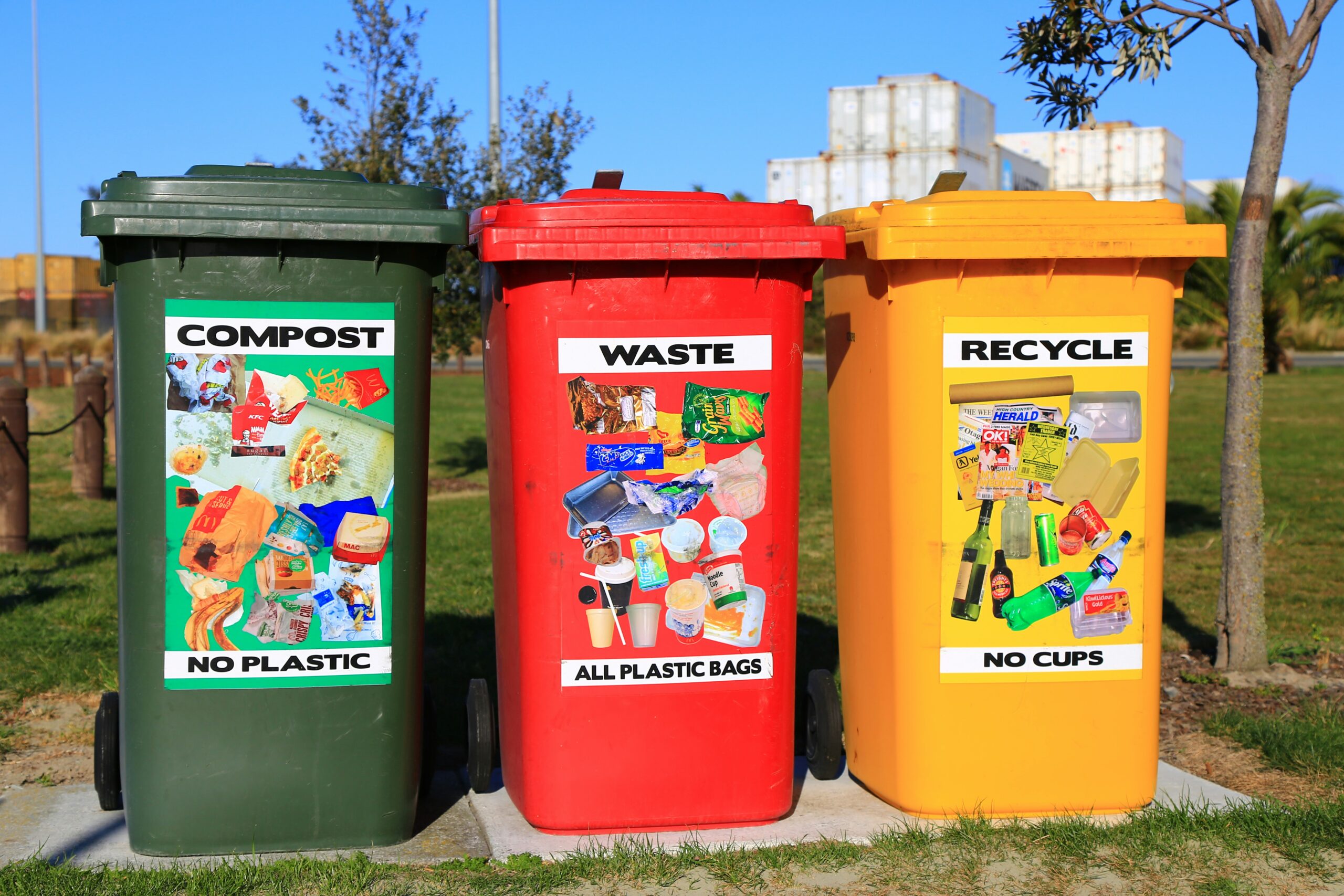
Environmental Policy
We are just as passionate about protecting the earth as we are about delivering quality school planners.
Our company tries to minimize our impact on the environment by using 100% recycled paper stock that is FSC certified. Whenever possible, our papers are purchased from mills that manufacture with non-polluting wind generated electricity.
Our print division is committed to lowering carbon output through investment in clean-running and low-power consumption presses, in conjunction with carbon offsetting. The color presses used to print your planners are designed so that its wireframes, accessories, and replacement parts are all intended for remanufacturing or recycling. In addition to creating zero emissions, our production processes do not require hazardous compounds and consume low levels of energy.
The School Planner Company’s Environmental Policy contains a variety of ways to ensure that we continue to protect and preserve our land, trees, and sky:

1. Reduce Our Impact & Carbon Footprint
- Assessment of Current Practices: Conduct a thorough evaluation of existing operations to identify areas where emissions can be minimized. This includes analyzing energy consumption, transportation methods, and production processes.
- Adoption of Renewable Energy: Transition to renewable energy sources such as solar, wind, or hydropower to power facilities and operations, thereby reducing reliance on fossil fuels.
- Carbon Offset Programs: Invest in carbon offset programs that contribute to reforestation, renewable energy projects, and other initiatives aimed at reducing greenhouse gases.
2. Conserve and Support the Use of Sustainable Resources
- Sourcing Sustainable Materials: Prioritize the procurement of materials that are sustainably sourced, ensuring they are produced with minimal environmental impact. This includes choosing suppliers who adhere to sustainable practices.
- Promotion of Eco-Friendly Products: Encourage the use of eco-friendly products and services within the organization, fostering a culture of sustainability among employees and stakeholders.
- Education and Training: Provide training sessions for employees on the importance of sustainable resource use, and how their choices can contribute to a more sustainable workplace.


3. Reduce Waste, Re-Use, and Recycle
- Waste Audit: Perform regular waste audits to identify the types and amounts of waste produced, which can inform strategies to reduce waste generation.
- Implement a Circular Economy Approach: Design systems that prioritize the re-use of materials and products. Establish programs to donate, repurpose, or sell items that are no longer needed.
- Recycling Programs: Develop comprehensive recycling programs that encourage the separation of recyclable materials at the source, making it easier for employees to participate.
4. Workplace Accountability and Environmental Awareness
- Establish Clear Policies: Create and disseminate environmental policies that outline responsibilities and expectations for all employees in contributing to sustainability efforts.
- Regular Training and Workshops: Conduct workshops and training sessions to raise awareness about environmental issues and instill a sense of personal responsibility among employees regarding their environmental impact.
- Sustainability Champions: Designate sustainability champions within teams to promote best practices and encourage collective accountability for environmental initiatives.


5. Good Practices and Compliance with Environmental Regulations
- Regular Review and Updates: Establish an annual review process to assess environmental practices and update policies as needed to reflect new regulations or improvements in sustainable practices.
- Monitoring and Reporting: Implement a monitoring system to track environmental performance metrics, ensuring transparency and accountability in sustainability efforts.
- Engagement with Regulatory Bodies: Stay informed about local and national environmental regulations and actively engage with relevant regulatory bodies to ensure compliance and contribute to ongoing discussions about environmental standards.






